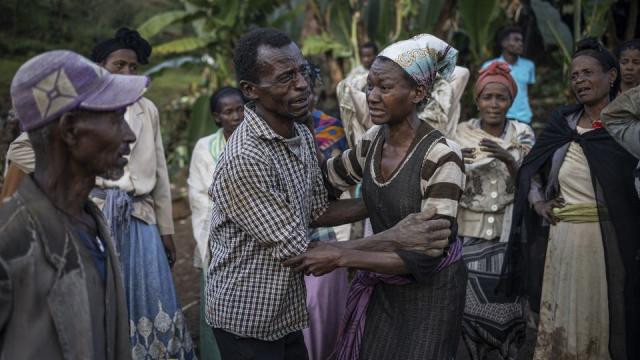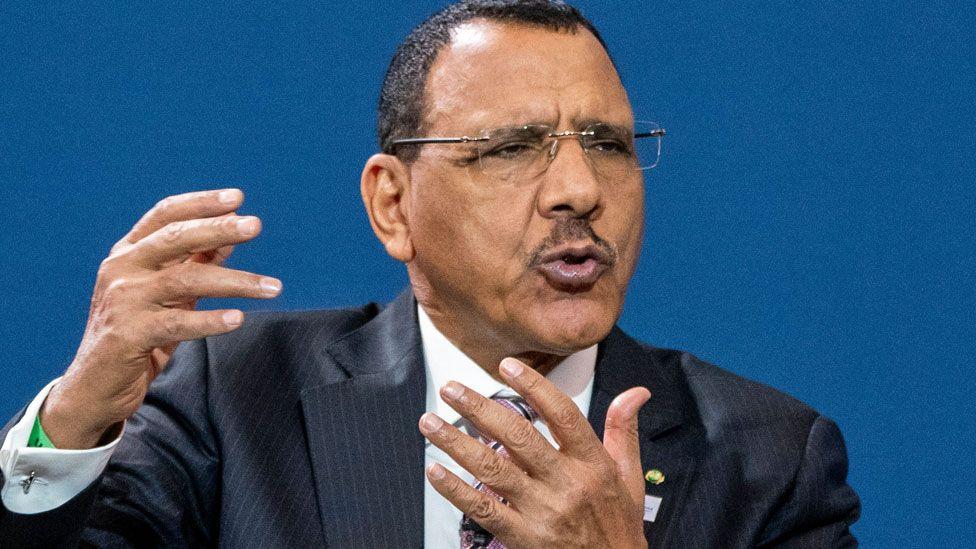
In the ever-evolving landscape of African governance and diplomacy, the African Union (AU) stands as a pivotal force in promoting regional cooperation and addressing critical continental challenges. Since its establishment in 2001, the AU has been dedicated to fostering unity, peace, and development across its 55 member states.
A Unified Response to Common Challenges:
From economic disparities to political instability, African nations face a myriad of challenges that can often transcend national borders. The AU serves as a platform for dialogue and collaboration, enabling member states to collectively address issues of regional concern. Through forums, summits, and working groups, the AU facilitates discussions that lead to coordinated strategies and solutions.
Promoting Peace and Security:
One of the AU’s core objectives is to prevent and resolve conflicts, ensuring lasting peace and security on the continent. The organization’s Peace and Security Council (PSC) works to prevent conflicts through diplomatic and mediation efforts, while also deploying peacekeeping missions in areas affected by violence. These efforts have played a crucial role in stabilizing conflict-ridden regions.
Economic Integration for Shared Prosperity:
Economic integration remains a cornerstone of the AU’s agenda. The African Continental Free Trade Area (AfCFTA), launched in 2021, is a prime example of the AU’s commitment to enhancing intra-African trade. By creating a single market for goods and services, the AfCFTA aims to stimulate economic growth, create jobs, and reduce dependency on external markets.
Healthcare Collaboration in Crisis:
The AU’s response to health crises, particularly during the COVID-19 pandemic, underscores the importance of regional cooperation. The Africa Centres for Disease Control and Prevention (Africa CDC) has been instrumental in coordinating the continent’s response to the pandemic. Through information sharing, resource mobilization, and joint procurement of medical supplies, the AU has shown its ability to unite in the face of a global health emergency.
Environmental Sustainability and Climate Action:
Recognizing the urgent need to address environmental challenges, the AU’s Agenda 2063 places sustainability at its core. The organization champions initiatives like the Great Green Wall, an ambitious project aimed at combating desertification and land degradation across the Sahel region. By fostering collaboration among affected countries, the AU strives to create a more resilient and ecologically balanced continent.
Challenges and the Path Forward:
While the AU’s efforts are commendable, significant challenges persist. Political differences, resource constraints, and varying levels of development among member states can hinder seamless cooperation. Additionally, striking a balance between national interests and continental unity remains an ongoing endeavor.
As the African Union continues to navigate these challenges, its commitment to regional cooperation remains unwavering. By fostering a sense of unity and shared purpose, the AU plays a vital role in shaping Africa’s collective future. As member states collaborate, negotiate, and work toward common goals, the AU’s role in addressing continental issues stands as a testament to the power of collaboration in shaping a brighter future for Africa and its people.




